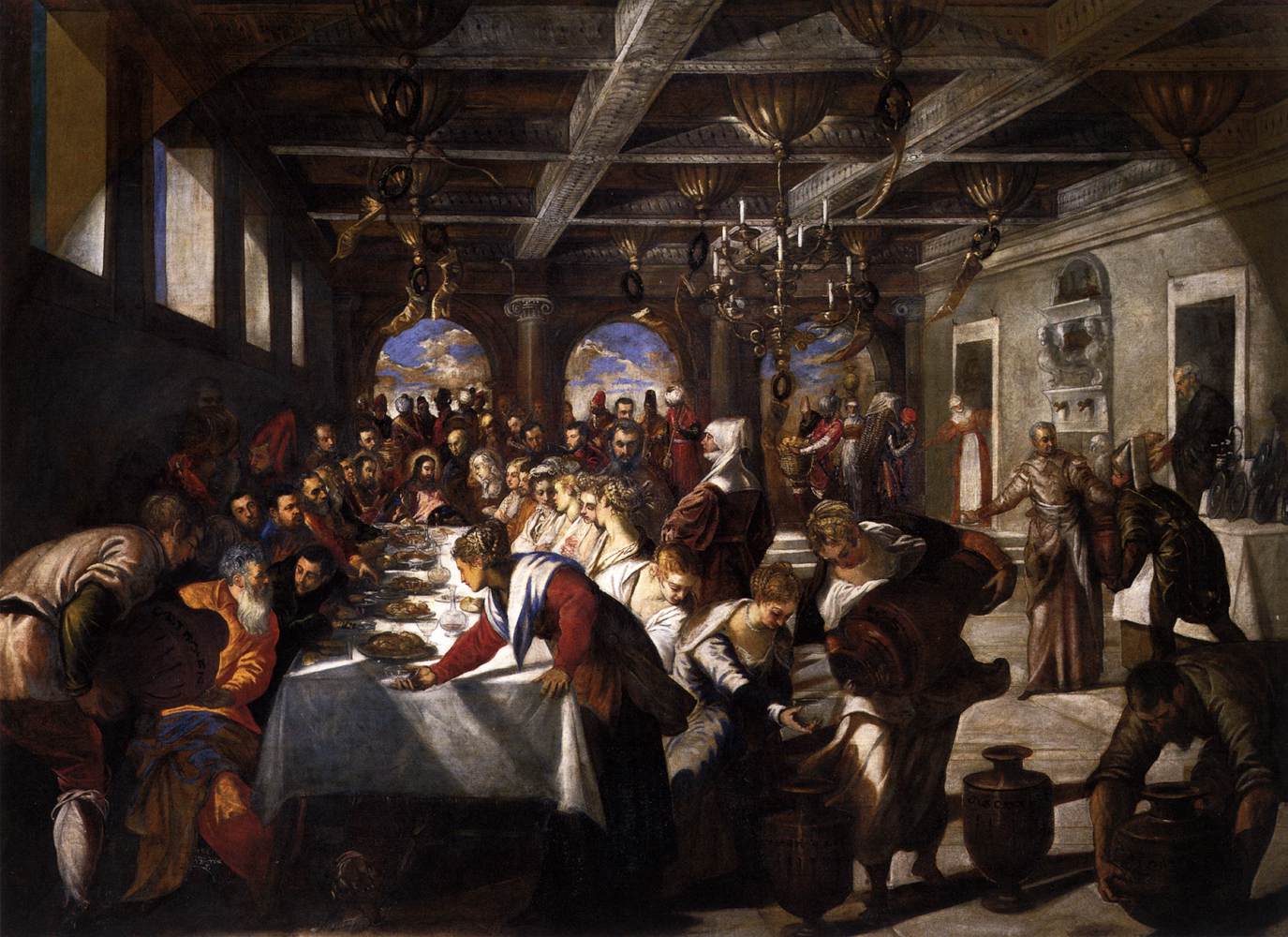“Now these are the nations which the Lord left, that He might test Israel by them.” Judges 3:1
With each generation of Israel, the Lord sent a test to see “whether they will keep the ways of the Lord, to walk in them …, or not” (Judges 2:22, cf. 3:4). Ever since God breathed life into Adam this has been the way of the Lord. No generation, Jew or Gentile, may live by the faith of their parents (although there are great advantages in having believing parents). Each person, each nation, each generation will be tested. The book of Judges records various groups in Israel being tested.
Chapter one of Judges reveals Israel’s failure to perform all that the Lord had commanded. It would appear that they failed because they lacked faith in the Lord and did not persevere in the task given. From God’s perspective we discover in Judges 2:20-3:4 that the Lord left the ungodly nations in order to test Israel.
The professing church is facing a similar test today. We are being tested by the ungodly to reveal whether we will hold fast to and obey the word of the Lord, or not (3:4). Testing is a good thing; without it many might go through life believing their eternal destiny was heaven when in fact it was not. I have heard many testimonies of people who had believed they were Christians but on hearing a faithful Gospel presentation discovered that they had been “Christian” in name only.
This current test is revealing a division among professing Christians; between those who believe God’s word and those who do not. The tares and the wheat are being exposed by their fruit in preparation for the harvest when a complete separation will be effected. Following that separation the Lord will remove His true Church from the earth in readiness for the outpouring of His wrath on the whole earth.
In His prayer the Lord prayed to the Father, “They were yours, You gave them to Me, and they have kept Your word,” “I have given them Your word” and “Sanctify them by Your Word” (John 17:6, 14, 17). That which separates true believers from merely professing believers is their faith in the words of Jesus expressed in their own words and actions. Those who deny the words of Jesus, and thereby call Him a liar, cannot possibly be His disciples.
Each generation must be tested to expose false profession and reveal the truly born of God. That is what we are observing today.
